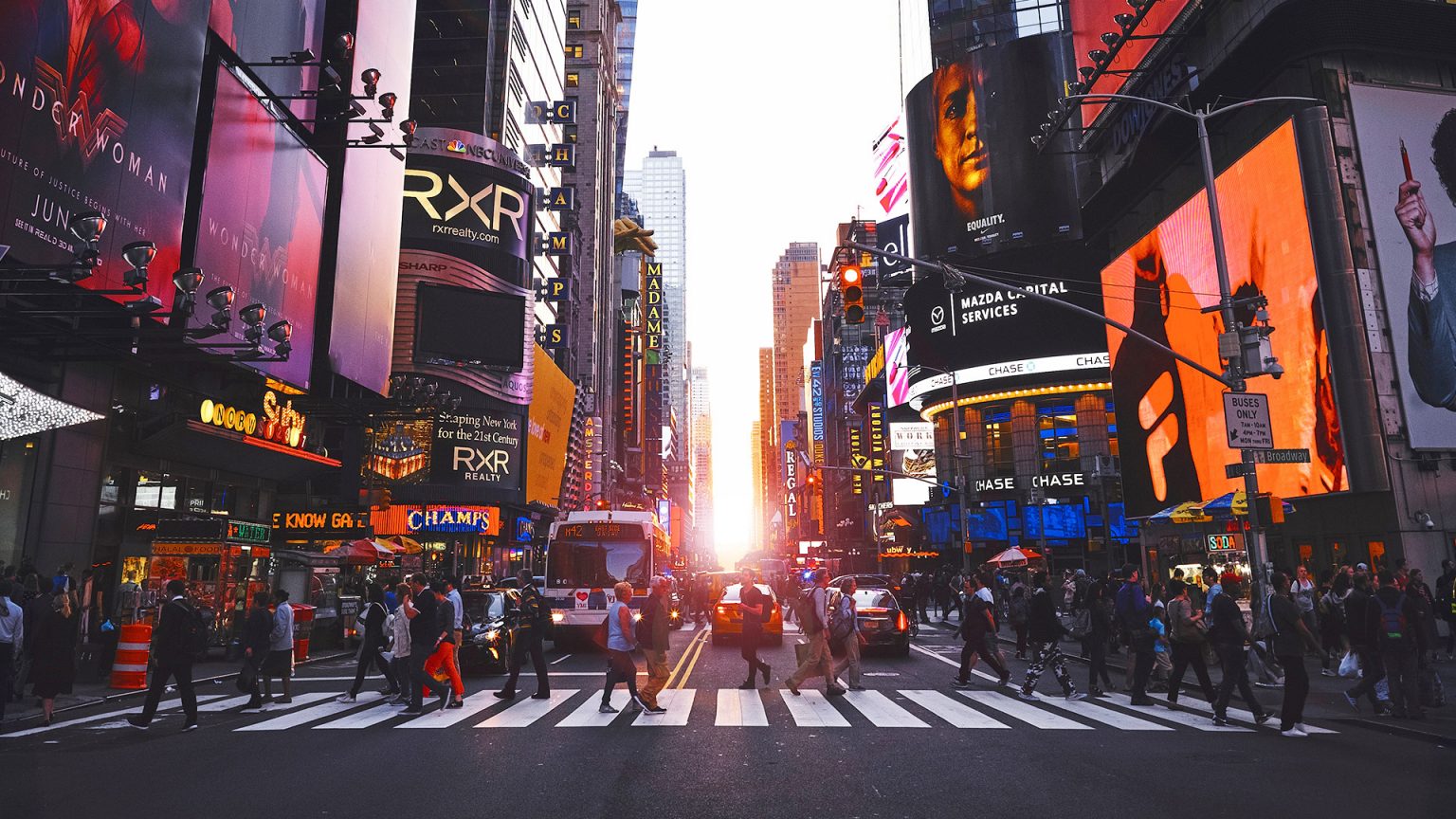“Now in its eighth year,” begins Jon Dieringer at Screen Slate, “the Migrating Forms festival is arguably the city’s central and most adventurous showcase for experimental film and video. Its fundamental interest in fluidity between black box and white cube artists is mirrored in the festival’s willingness to experiment with its own format; whereas previous years have arranged filmmakers into thematic programs, this year is entirely structured around individual artist shows. The uniformly outstanding roster (when is that ever said of an experimental film festival?) features Cauleen Smith, Leslie Thornton, Tomonari Nishikawa, Arthur Jafa, Jonathas De Andrade, and Sondra Perry alongside a video retrospective of iconoclastic Canadian collective General Idea and a screening of Robert Kramer’s 4¼-hour 1989 experimental travelogue Route One/USA.”
In that film, “Kramer embarks on a highway voyage from the Canadian border to Key West, Florida, making stops along the path to process the personalities, industries, and urgencies animating the towns and cities he passes through,” writes Danny King in the Voice. “Kramer, who died in 1999 at the age of sixty, approaches these subjects not as a sociologist collecting data but as a gentle wanderer, curious about what he sees and—poignantly—frequently not seeming to understand any of it.”
For Brooklyn Magazine, Aaron Cutler talks with Tomonari Nishikawa, who “renders his surroundings gently through a variety of formats, with the video, 8mm, 16mm, and 35mm materials collaborating to reflect one modest point of view. His cinema works (including five pieces collectively belonging to a series called Sketch Film) present with flickering simplicity the pleasures of finding a newspaper, crossing a street, and examining color celluloid once left under fallen leaves. Nishikawa’s brief works will be presented together in a single program… Twelve years’ worth of filmmaking will unfold over 64 minutes, followed by a conversation with the artist.”
Opening today at BAM, Migrating Forms runs through Thursday.
Updates, 3/25: From Nick Pinkerton‘s overview for Artforum:
Though previous incarnations of Migrating Forms have never shied away from overtly political content—past editions have included a Glauber Rocha retrospective and The Irish Tapes, John Reilly and Stefan Moore’s 1974 video documentary of The Troubles, for example—but this seems the most engaged version of the festival that I’ve seen. Amid the new work there are moments of levity, lightness, and play—Cauleen Smith’s Lessons in Semaphore (2015), a brief urban-bucolic reverie which screens before her straight narrative 1998 feature dryslongo, or [James N. Kienitz] Wilkins’s trailer for the fest, a flickering montage of faces that may seem eerily familiar, because in fact they are the stars of the ubiquitous “If You See Something, Say Something” subway ads—but elsewhere we find work that’s wounded, wary, combative. Arthur Jafa’s montage film APEX_scenario (2014), for instance, is an eight-minute sustained assault through image, with scenes of violence and assertive, theatrical confrontation, including performers from Black Flag to Miles Davis to the Geto Boys, and slam-bang art historical juxtapositions (John Steuart Curry’s 1939 painting John Brown to Caspar David Friedrich’s nineteenth century Wanderer Above a Sea of Fog), amid all of which the most distinct recurring image is that of bared fangs. It is a film that you might love or loathe, but which is impossible to watch with indifference, a thrown gauntlet.
At Hyperallergic, Benjamin Sutton points us to Craig Hubert‘s interview with Cauleen Smith, Paula Kupfer‘s review of Jonathas de Andrade’s O Peixe (The Fish, 2016), which is also currently on view at the New Museum through April 9, and Jillian Steinhauer‘s piece on work by Sondra Perry.
Updates, 3/27: Angeline Gragásin on Jonathas de Andrade: “For all its criticality and obvious socioeconomic themes, the work nonetheless maintains a spirit of childlike curiosity—without the strenuous condescension and hostility from which so many overtly political works suffer. Postcolonial critique is a tightrope, and De Andrade walks it well.”
Also at Screen Slate, Rebecca Cleman on Sondra Perry: “The connection between production strategies, technology and media trends, and social conditioning is one of the most powerful strains so far in Perry’s work, and her alertness to how these ever mutable conditions require keeping apace with them is something that makes her one of the most astute artists working today, in any medium.”




